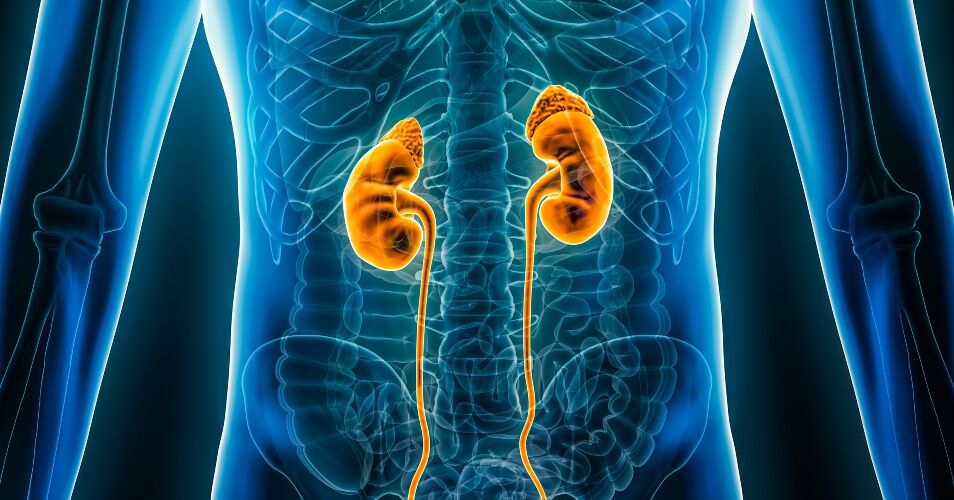An oral, delayed-release budesonide formulation provides a clinically relevant reduction in estimated glomerular filtration rate (eGFR) decline and a durable reduction in proteinuria versus placebo in patients with primary IgA nephropathy (IgAN), a new study has shown.
The the first and only treatment indicated to reduce proteinuria in adults with primary IgAN at risk of rapid disease progression, budesonide was approved by the FDA in 2021 under the accelerated approval scheme. At the time, it was not clear whether the drug was able to halt the decline in kidney function in patients with IgAN.
Now, full data from the phase 3 NefIgArd study has been published in The Lancet, demonstrating a significant kidney protective effect from budesonide over the placebo.
In light of the trial results, the FDA has granted priority review for full approval of budesonide (brand name Tarpeyo) for the treatment of IgAN.
The manufacturer Calliditas Therapeutics is also supporting its partner STADA Arzneimittel AG with the filing for full approval of budesonide (brand name Nefecon) with the European Commission and the UK’s MHRA in the second half of 2023.
Budesonide in primary IgA nephropathy
The randomised NefIgArd study recruited adult patients with primary IgAN and eGFR 35-90 mL/min per 1.73 m2 and persistent proteinuria (urine protein-creatinine ratio ≥0·8 g/g or proteinuria ≥1 g/24).
Individuals were equally randomised to either 16 mg/day oral capsules of budesonide or matching placebo for nine months, followed by a 15-month observational follow-up period off study drug.
The trial demonstrated a highly statistically significant and clinically relevant benefit compared to placebo in eGFR. For example, after the two-year period, there was a 6.11 mL/min/1.73 m2 decline in eGFR in the budesonide group compared with a 12.0 mL/min/1.73 m2 decline in the placebo arm. This corresponds to a difference in two-year eGFR total slope of 2.95 mL/min/1.73m2 per year (p < 0.0001).
The study also showed that budesonide was generally well tolerated, with the majority of treatment-emergent adverse events (TEAEs) being mild or moderate, and with TEAEs leading to discontinuation of study drug in <10% of patients. Objective measures of mean weight and blood pressure showed non-clinically relevant changes.
Jonathan Barratt, Mayer professor of renal medicine at the University of Leicester, who was involved in the trial, said: ‘IgAN is a severe debilitating disease leading to end-stage kidney disease in more than 50% of the patients. The full results from NefIgArd study demonstrate the ability of Nefecon to slow kidney function deterioration and as such to slow down the disease progression and delay the need for dialysis and kidney transplantation.
‘These results also support the key role of the gut immune system in the pathogenesis of IgAN and the differentiated effect of Nefecon treating the disease at its origin.‘
IgA nephropathy is a chronic immune-mediated kidney disease characterised by IgA deposition in the glomeruli. It is the most common primary glomerular disease, with up to half of those affected developing kidney disease. Slowing the progression of kidney disease is challenging although recently, SGLT2 inhibitor drugs such as empagliflozin have been shown to reduce the progression of the disease.

